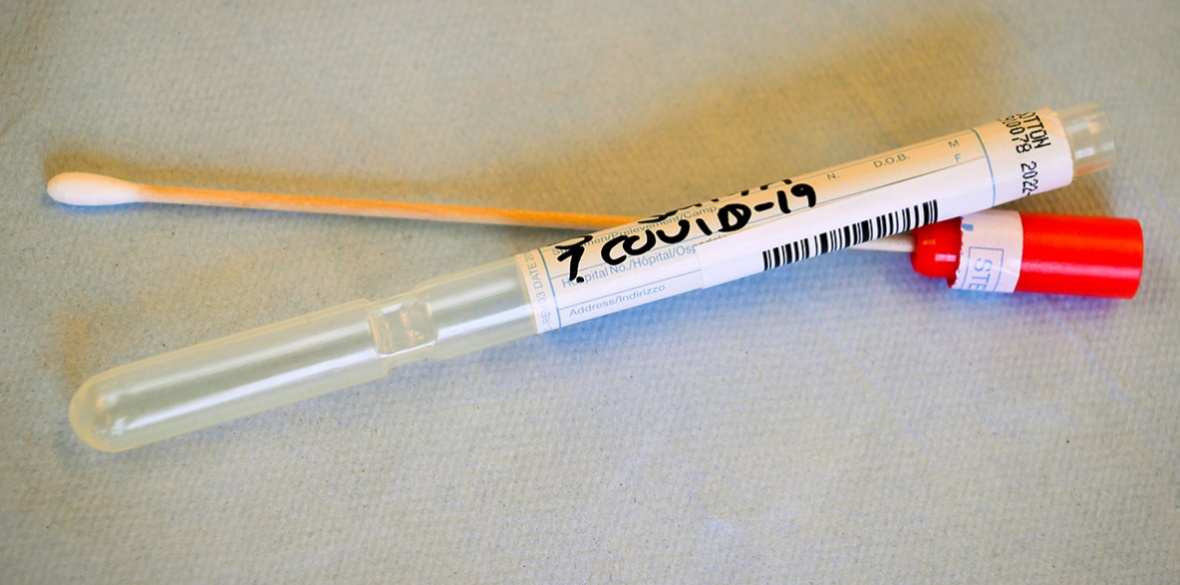This is the last article you can read this month
You can read more article this month
You can read more articles this month
Sorry your limit is up for this month
Reset on:
Please help support the Morning Star by subscribing here
THE Qatari government has belatedly introduced measures to protect migrant workers from the coronavirus, after a German documentary highlighted the risk of infection during the construction of World Cup infrastructure.
The government said it was providing free healthcare and a salary-guarantee for workers affected by the virus, and was bringing daily shipments of food and protective equipment into the industrial area where migrant labourers live.
The response came after a German documentary reported severe food shortages and a high risk of infection due to the cramped conditions inside a quarantined part of the industrial area outside Doha.
Shops and bank branches have been closed closed as Qatar bids to contain the virus. The Persian Gulf country has reported more than 1,800 confirmed cases of Covid-19, with some 130 recoveries and four deaths.
But work on construction sites continues as Qatar gets ready to host the World Cup in 2022, with migrant workers driving the effort.
Qatar, like other Gulf Arab nations, relies on foreign labourers to build its mega projects and motorways. Despite comparatively high wages, high levels of abuse and maltreatment have been reported for years, and many live in cramped, dormitory-style housing.
The state closed off part of the industrial area last month in a bid to contain an outbreak of Covid-19 among the workforce.
The Qatari government said on Tuesday that “1,000 trucks loaded with goods enter the Industrial Area daily” and that food, water, masks, gloves and hand sanitisers are being delivered.
However, affected workers told German broadcaster ARD that they were effectively imprisoned in the lockdown area with little to eat and little protection against the virus, and that social distancing was impossible.
Footage shot with mobile phones showed empty supermarket shelves and workers rushing to receive supplies from a government delivery.
The broadcaster said it spoke to workers from Nepal, Bangladesh and African countries. All asked to remain anonymous because of fears of retribution for speaking out about their conditions, and some feared that they would not be paid.
The Qatari government said it had set up dedicated health centres to treat patents with Covid-19 in the industrial area, as well as three checkpoints for testing and screening.
Treatment would be free and “those who do not have a valid work visa will also be treated free of charge without fear of detention or financial penalties.”
It said it would “guarantee that all residents who are in quarantine or undergoing treatment will receive full salaries on schedule.”
It also said it was limiting the number of people in accommodation rooms to four, and introducing social-distancing measures at work, “such as staggering entry and exit of workers to and from their workplace, limiting all bus capacity to a maximum of 50 per cent and ensuring masks and hand sanitisers are available at worksites.”
A number of human-rights organisations, including Amnesty International, Fair/Square, Human Rights Watch and Migrant-Rights.org, have urged Qatari Prime Minister Khalid bin Khalifa Al Thani to protect migrant workers during the pandemic.
“Qatar has made promising commitments to support migrant workers during this unprecedented crisis, including earmarking funds to cover quarantined migrant workers’ wages, and setting up a hotline for grievances,” said Michael Page, deputy Middle East director at Human Rights Watch. “Now, more than ever, such promises need to be implemented.”










